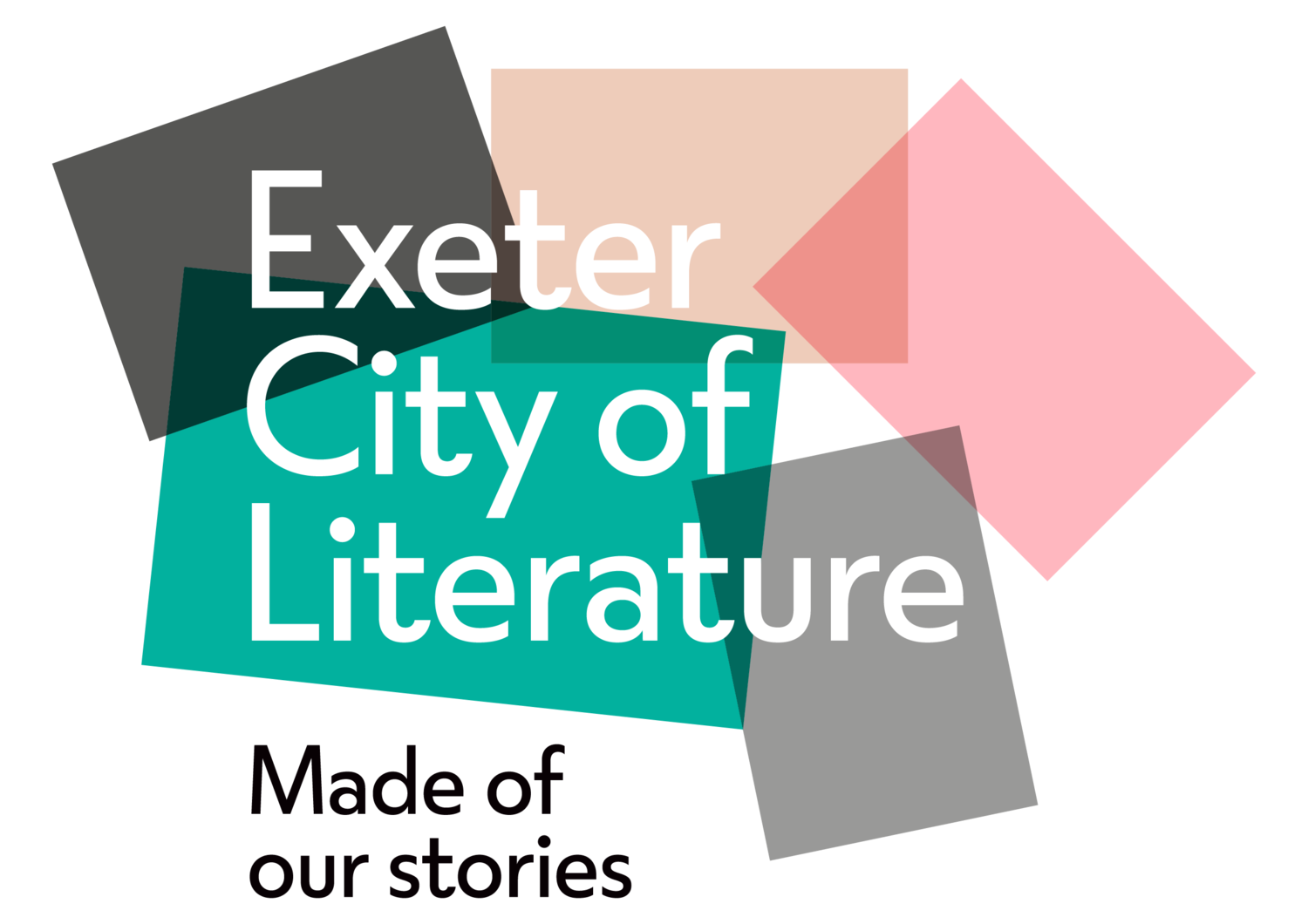Frequently Asked Questions
What is a UNESCO City of Literature?
The UNESCO City of Literature programme is part of the UNESCO Creative Cities Network, cities which all recognise creativity as a key factor for ‘sustainable urban development’ - essentially, recognising just how vital creativity and cultural industries are to a city.
To become a City of Literature - there are 63 so far - a city must meet certain criteria, such as the quality, quantity, and diversity of publishing and education programmes, how many bookshops, libraries, and cultural centres can be found in the city, and how much literature has played a significant role in the city.
Cities of Literature work closely together across the world, providing all sorts of exciting opportunities for their residents, such as writing residencies, author events, digital collaborations, and more.
What is UNESCO?
UNESCO stands for United Nations Educational, Scientific and Cultural Organisation, and since its founding in 1945 “seeks to build peace through international co-operation in Education, the Sciences and Culture.”
You can read more about the founding and history of UNESCO, as well as their Mission and Mandate, on their website.
What is the UNESCO Creative Cities Network?
As part of UNESCO’s Global Alliance for Cultural Diversity initiative, in 2004 UNESCO launched the Creative Cities Network.
Made up of over 300 cities from 90 different countries, they all excel in one of eight creative fields; Architecture, Crafts & Folk Art, Design, Film, Gastronomy, Literature, Music, and Media Arts.
Creative Cities work together within - and often across - their fields of expertise, making cultural and creative strides locally, and co-operating globally.
Read more about UNESCO’s Creative Cities Network - including the 2004 Mission Statement - and keep up to date on various Creative Cities’ activities on the Creative Cities website.
You can also explore all of the Creative Cities here in the UK through the UNESCO UK Commission's website.
What are Sustainable Development Goals?
All UNESCO programmes contribute to the achievement of the Sustainable Development Goals (SDGs) adopted by the UN General Assembly in 2015, as part of the 2030 Agenda for Sustainable Development.
The Agenda provides a shared blueprint for peace and prosperity for people and the planet, now and into the future. At its heart are the 17 SDGs, which are an urgent call for action by all countries - developed and developing - in a global partnership.
They recognise that ending poverty and other deprivations must go hand-in-hand with strategies that improve health and education, reduce inequality, and spur economic growth – all while tackling climate change and working to preserve our oceans and forests.
Here in Exeter, we are especially focused on Good Health and Well-Being, Quality Education, Reduced Inequalities, and Partnerships for the Goals - though of course many of them influence our wider aims and vision.
Is a UNESCO Creative City the same as a City of Culture?
Nope! A UK City of Culture is a designation given by the UK Government’s Department for Digital, Culture, Media, and Sport, and is awarded every four years to a UK city, for the duration of one calendar year. A UNESCO Creative City is a globally recognised designation (similar to UNESCO’s World Heritage Site designations).
How long will Exeter be a City of Literature?
Forever, we hope!
Creative Cities are monitored by UNESCO and assessed every four years, but much like UNESCO World Heritage Sites, as long as the City continues to meet the criteria it will remain a Creative City.
How can people get involved with Exeter UNESCO City of Literature?
You can sign up to our newsletter for a monthly round-up of events and all things literary. We also have a dedicated mailing list for Devon’s writers if you’d like to learn about commissions, opportunities, and competitions from our local, national, and international networks. You can also follows us on Instagram, Twitter, Facebook, and LinkedIn for more regular updates and sharing of things we want to shout about.
Be sure to check out our Literary Devon Resources page, which is full of useful links to local organisations and resources. If you’re a writer, poet, or author in Devon, keep an eye on our Creative Opportunities page, which frequently lists opportunities associated with our sister Cities of Literature.
If you are running an event that you would like shared more widely, you can Submit Your Event to our calendar which is available on our website, and is highlighted in our monthly newsletter.
We want to hear about and support all things literary in Devon, so if you think there’s something we need to know about, don’t hesitate to contact us.
What’s next for Exeter as a City of Literature?
There are many exciting projects on the horizon for Exeter - and Devon as a county - so make sure you’re signed up to our newsletter to keep up to date!
To borrow a cliché; watch this space…

